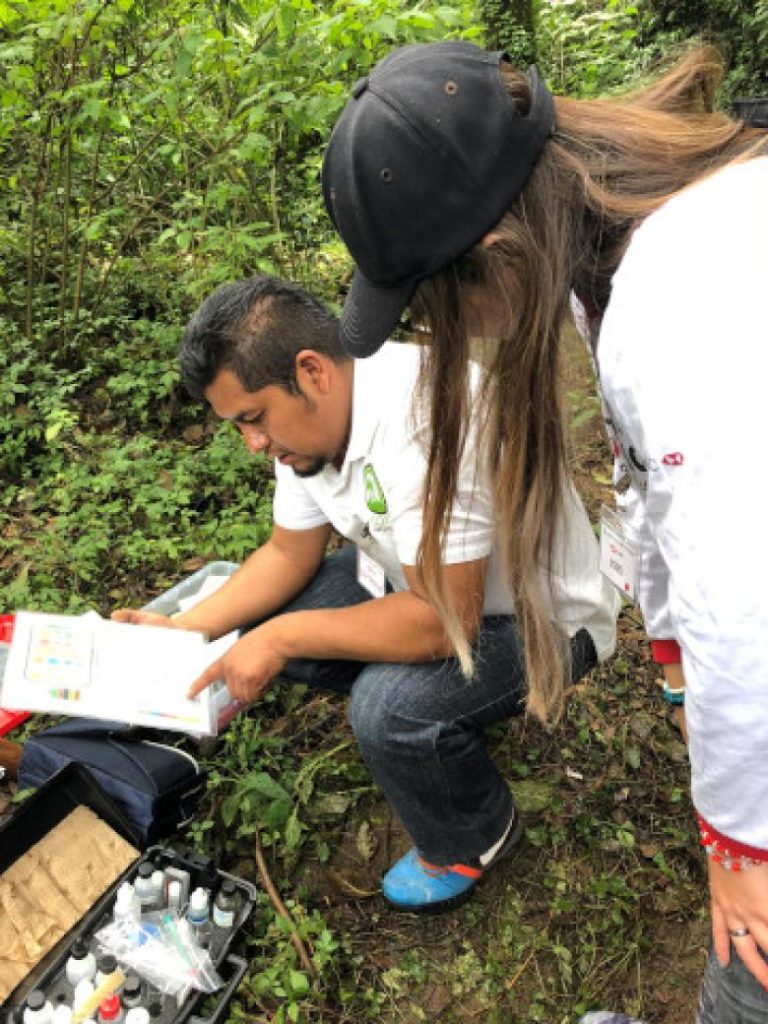
Studying the impact of vegetation buffers on water quality in Mexico using citizen science
Water is an essential requirement for human survival and economic development, but is an increasingly limiting factor in areas undergoing climate change and increased urbanisation. Many of the available freshwater resources supplying the world’s cities are undergoing degradation due to poor management and the introduction of pollution from direct and indirect (diffuse) sources. A large proportion of water pollution originates from non-point sources, from both urban and agricultural areas, which makes tackling the cause of the problem a challenge. A complementary solution to traditional water treatment methods is the use of vegetation in slowing the flowrate and removing contaminants from freshwaters. The Earthwatch Institute launched an investigation in the Valle de Bravo watershed in Mexico to research the efficacy of vegetation strips as buffers to water pollution in the region.

